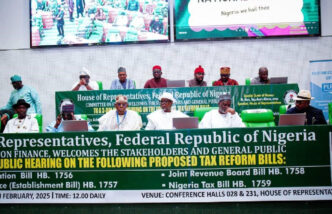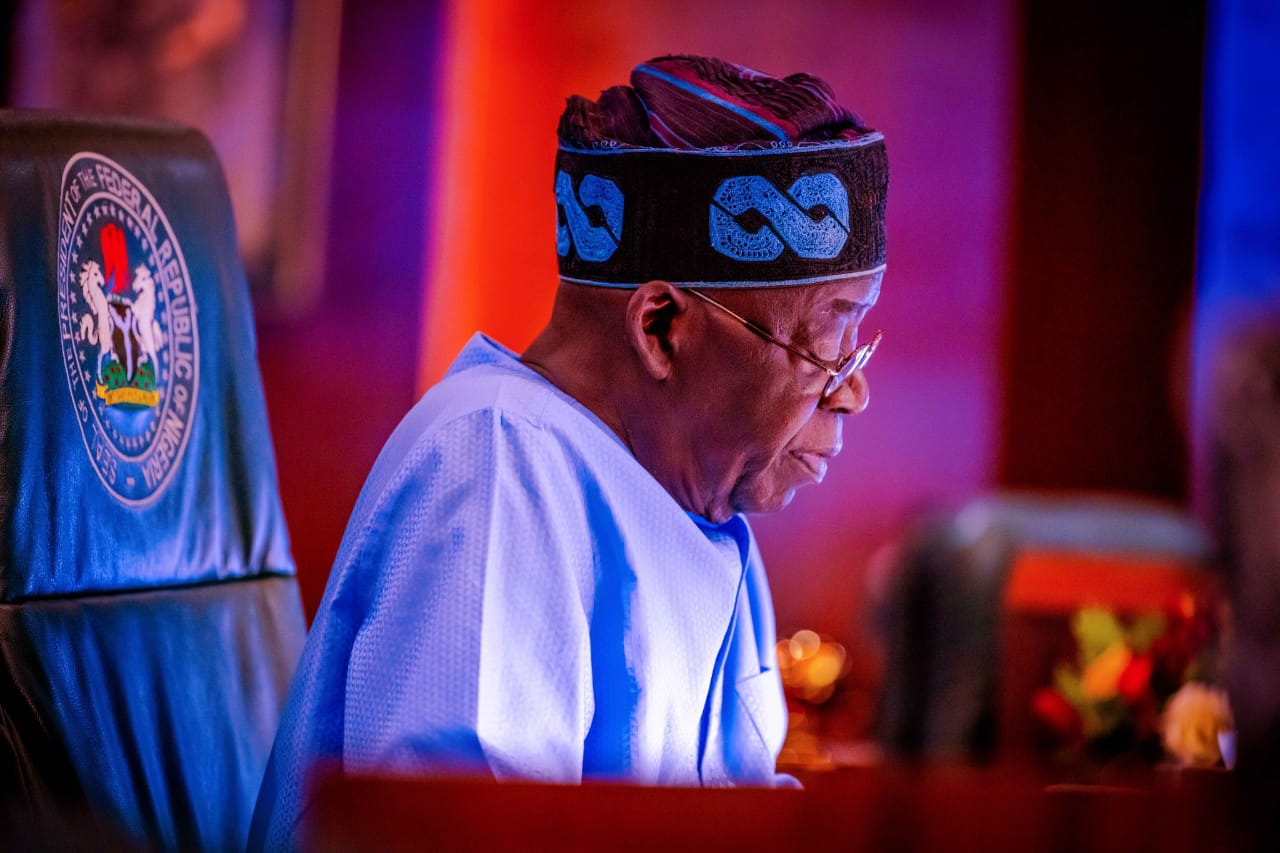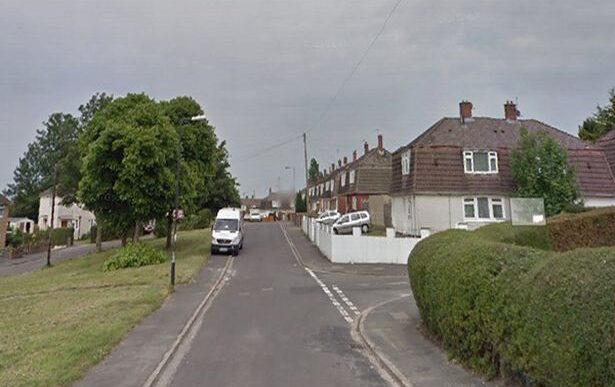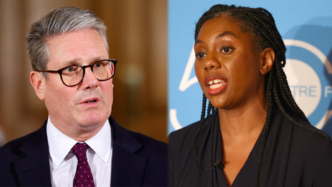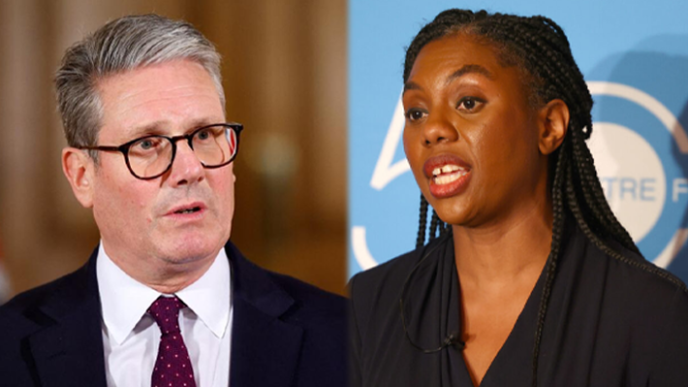Supreme Council for Shari’ah in Nigeria
(SCSN), the committee of FCT Imams Initiative and Kano state government have expressed concern over some provisions in the proposed tax reform bills.
Gatekeepers News reports that the group voiced its concern during the public hearing on tax reform bills organised by House of Representatives Committee on Finance on Wednesday.
Recall that the four bills; Nigeria Tax Administration Bill, Nigeria Revenue Service (Establishment) Bill, Joint Revenue Board Bill, and Nigeria Tax Bill were passed for a second reading by the Senate and House of Representatives on February 12.
Prof. Ahmed Dogarawa, a representative of the Sharia council acknowledged the need for tax reforms but rejected the inheritance tax, citing conflict with Islamic laws and religious practices.
He said, “While we appreciate efforts to streamline tax laws, we cannot support a provision that contradicts deeply held religious principles.”
“Taxing inheritance in this manner would create unnecessary tension and legal challenges.”
Dogarawa further called for the modification of the clause on inheritance tax and the removal of section 4(3), part 1, chapter 2 of the Nigeria tax bill.
He said, “The new clause should read as either of the following: in this section, the reference to family income, or however called, shall not affect the operation of the distribution of the estate under the personal law of the deceased.”
“Any attempt to tax inheritance would be seen as an infringement on religious rights and could create legal disputes.”
The professor said the bill should be revised to exempt estates distributed under personal laws, including Sharia law if the federal government insists on keeping the inheritance tax.
Speaking on behalf of FCT Imam committee, Umar Aliyu, chief imam of Banex mosque in Abuja, said his association firmly rejected any taxation imposed on religious institutions and faith-based organisations.
Aliyu said religious institutions significantly contribute to community development and welfare, noting that taxing mosques and religious centres would cause financial strain and hinder charitable efforts.
He added that the committee of FCT imams opposed increasing the value-added tax (VAT) and suggested lowering it to five percent or maintaining the current 7.5 per cent.
Dogarawa recommended eliminating the clause that aims to end funding for the Tertiary Education Trust Fund (TETFund), National Agency for Science and Engineering Infrastructure (NASENI), and National Information Technology Development Agency (NITDA) by 2030.
Auwalu Yadudu, a former presidential adviser, noted that the “supremacy clause” and the repeated use of “notwithstanding” in the bills would undermine the supremacy of the 1999 Constitution.
He said, “The act or the bill being proposed is given supremacy status like the Constitution. Only the Nigerian Constitution has supremacy.”
“Therefore, if you enact any of these bills on the basis that they are supreme over any other law, which would contradict them, that would be wrong and contrary to the Constitution.”
“In the boards, you have established—I think it is the tax administration-you are creating a management board called the National Revenue Service.”
“However, its members are mainly ex-officials, with the chairman and six representatives of geopolitical thoughts.”
“I believe this contradicts the federal character of the nation. If you call it the Federal Revenue Service Board, you can have any number of ex-official members.”
“But if you want it to be truly federal, then each state should have representation on the board.”
“My preference is for it to be federal.”
Mahmud Sagagi, representative of Kano government said the state supports tax modernisation but warned that certain provisions could weaken state autonomy, constitutional rights, and economic stability.

